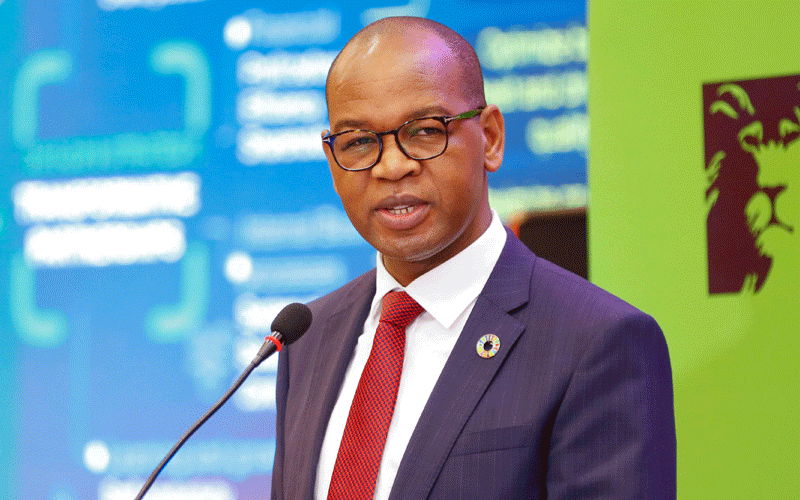Bank CEOs pay hits 339 times what staff earn despite Covid

Kenya’s banking sector chief executives were paid 339 times more than the average worker in the year ended June 2020 despite the coronavirus pandemic, a leading audit firm PricewaterhouseCoopers (PwC) has said.
The compensation rose rapidly this year compared to 326 times minimum wage last year as news of Covi-19 spread led to many workers being laid off due to lockdowns.
Average basic salary income of bank CEOs stood at Sh3.6 million with some Kenyan bank chiefs earning more than the World Bank president. Kenya’s minimum wage is Sh13,674.
“In the 2019/2020, the banking sector CEO earned 339 times the minimum wage while the manufacturing sector CEO earned 143 times the minimum wage,” said PwC in a new report released on yesterday.
The general remuneration for bank CEOs in Kenya currently is Sh3.625 million with a monthly allowance of Sh959,000 and annual incentives worth Sh54.5 million.
Chief finance officer meanwhile is fetching Sh2.31 million with a monthly allowance Sh801,000 with annual incentives worth Sh21 million.
Last year, the men with well-cut suites earned 326 times minimum wage making the sector’s executive the highest paid while raising questions on their contribution to economic growth.
Trade Unionists say that most of boards of directors are not so keen on executive pay, adding that bank employees get very little in terms of bonuses as customers foot the outsized profits through expensive loans. “Kenyan banks make exorbitant profits.
Why would you charge 14 per cent on mortgages, which is a secured loan, because the house will always be there,” said Gabriel Okomo, who is the deputy secretary general of the Banking Insurance and Finance Union of Kenya.
Basic salaries
The components of an executive compensation plan vary widely across companies.
Some of these include basic salaries, bonuses, longterm incentives such as equity and benefits such as insurance, paid vacations and grants such as company car.
“The past decade has seen the expansion of boardroom focus and increased pressure on board members with more attention paid, not just to the strategic role boards play but also on the need for disclosure on how these boards are remunerated,” said PwC.
Defending the action, KCB CEO Joshua Oigara had earlier said, “KCB, Equity and an Egyptian bank have the highest return on equity on the continent.”
However critics say that the high return on equity is being paid by Kenyans through expensive loans.
PwC audits nearly a third of the listed firms at the Nairobi Securities Exchange, giving it quite a wide view into Kenya’s corporate activities.
The non-executive directors’ remuneration in the banking sector, insurance, commercial and manufacturing earned an average of Sh3.62 million in annual fees from mid last year to June 2020.
They also left the boardrooms with sitting allowances worth Sh110,000 per sitting each.
Committee chairmen and members were paid 73,000 and 60,000 respectively for attendance per sitting.
For instance in 2017, KCB chief executive Joshua Oigara earned Sh256 million in salaries, bonuses and other benefits while the world bank president earned Sh85 million inclusive of benefits.
“You find that when a bank makes profit of, say, Sh10 billion, 10 per cent goes to bonus.
It is on this bonus that most employees are disqualified so that most of the money is left for the company top dogs,” said Okomo.
Score card
They use performance balance score card who arbitrary techniques are used to deny workers benefits.
This leads to low staff morale among the low cadre banking sector workers despite working for the most profitable industry.
The research was released as publicly listed companies face having to disclose the ratio between CEO pay and that of their average worker.












